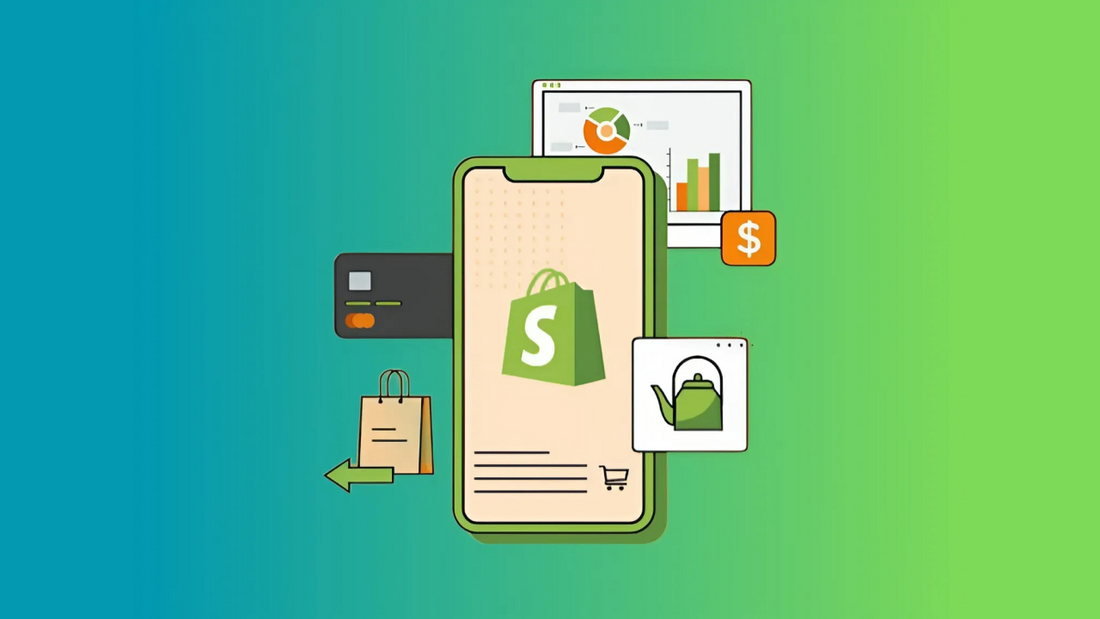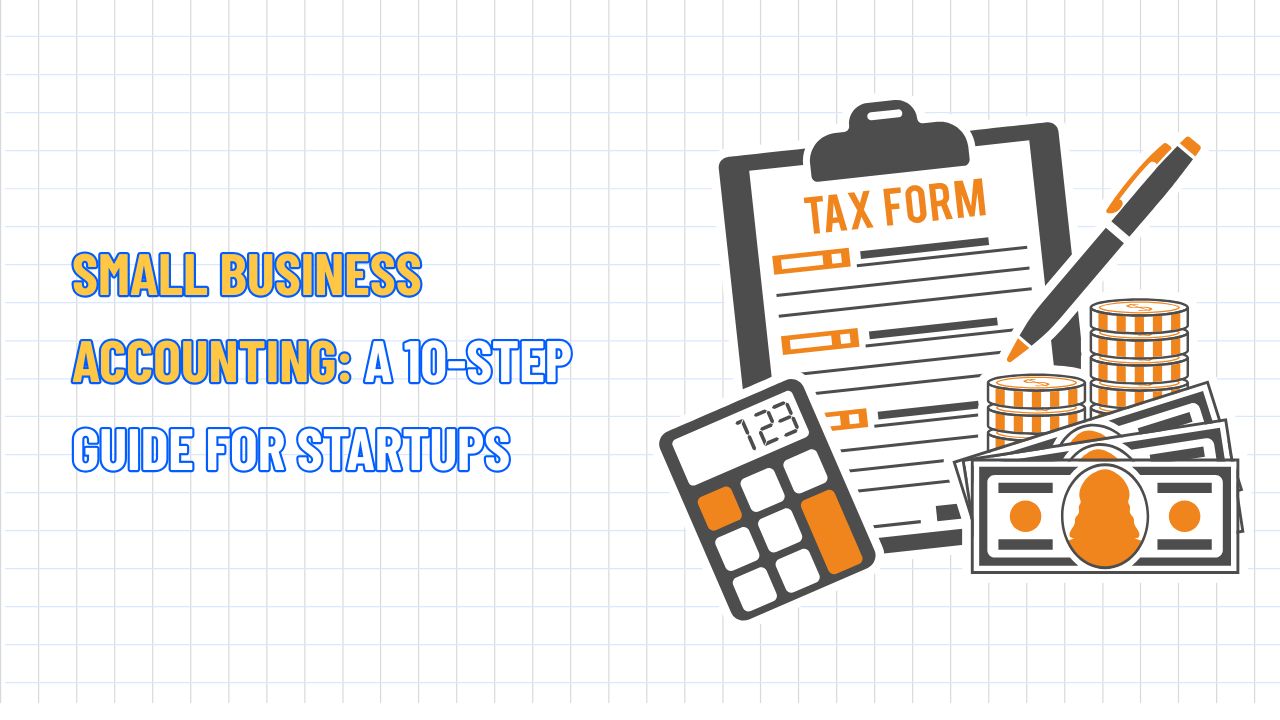Is Shopify a Good Place to Sell? Pros & Cons Explained
Table of Contents Hide
Is Shopify a good place to sell? This is a question that is asked more and more as the trend of online business explodes. In this article, NextSky will comprehensively review Shopify from a user perspective to help you have a complete view to make the right decision.
Is Shopify a good platform for selling products?
In 2025, Shopify will firmly establish itself as a leading e-commerce platform, thanks to its outstanding scalability and comprehensive ecosystem. With an intuitive interface, professional support team, and an extensive app marketplace, Shopify has become the perfect launchpad for beginners in dropshipping, making it easy for them to build a sustainable online store.
Pros and Cons of the Shopify Platform
Shopify offers a visually intuitive yet impressive feature ecosystem, making it the preferred choice for many online entrepreneurs. However, this platform also has advantages and disadvantages that must be considered carefully.
|
Pros |
Corns |
|
|
Read more:
Shopify vs. eBay: Which Is The Best Platform To Sell Your Products
Shopify vs. Amazon: Which platform will help you sell better?
Shopify Pricing

Start your online business journey with Shopify, which offers four main service plans ranging from $25 to $299 monthly (billed annually). You can try Shopify for free for 3 days and enjoy a special offer of just $1 per month for the first 3 months. Below are the plans designed for you:
- Basic ($25/month): Ideal for individuals starting a business.
- Grow ($65/month): Suitable for small, growing teams.
- Advanced ($399/month): For businesses looking to scale.
- Plus ($2,300/month): Premium plan for large enterprises, requiring a 1–3 year commitment.
While Shopify's monthly subscription fees are relatively straightforward, international sellers should be aware of several additional costs:
- Payment fees: Vary by region, e.g., 1.9% + £0.20 in the UK or 2.5% + NZ$0.30 in New Zealand.
- Currency conversion fees: 1.5% in the U.S. and 2% in other regions.
- International transaction fees: Customer banks may charge additional fees for cross-border payments.
- Taxes and import duties: Shopify charges between 0.85% and 1.5%, depending on whether you use Shopify Payments.
- App fees: If you lack programming skills, you'll rely on Shopify apps, which can add up as you install more.
Easy to use
If you are a beginner or have never been exposed to web design, Shopify is the perfect tool to help you turn your ideas into reality quickly and easily. With an intuitive interface, you can customize your website's colors, fonts, and layout to match your personality and brand image with just a few clicks, without touching any lines of code.
Theme Shopify
Shopify offers over 265 themes across various industries, but the number of free themes is limited, with only 23 options available. The rest are paid themes, ranging in price from $100 to $500. All Shopify themes, whether gratis or paid, are highly regarded for their professional design, sales optimization capabilities, and regular updates to align with the platform's new features. However, they all focus on delivering a seamless user experience.

Selling online with Shopify
Shopify offers top-notch sales features, making it easy for businesses to grow and attract customers. Even with the most affordable plan, you'll have all the essential tools you need. However, you may need to add apps from the Shopify App Store for more advanced features. Here are some valuable tools you shouldn't miss.
Integrating a multi-channel selling feature
Shopify allows you to sync your products with top sales channels like social media platforms (Instagram, TikTok) and major e-commerce marketplaces (Amazon, Walmart, eBay, Etsy) through apps or Shopify Marketplace Connect. All orders from these channels are managed centrally within Shopify, providing convenience in operations.
Payment Options
Shopify simplifies order and payment management directly from the dashboard, offering over 100 payment gateways such as Apple Pay and PayPal. To save on costs, it's recommended to use Shopify Payments to avoid third-party transaction fees of up to 2%. The process has never been more convenient with the built-in Shopify Tax tool. Since November 2023, eligible stores will also benefit from automatic tax filing services.

Internationalization tools to reach global customers
If you target the international market, Shopify offers a comprehensive solution that can display prices in local currencies, automatically translate content, and customize the interface to suit different customer groups, enhancing the global shopping experience.
Tracking and analyzing sales performance
Analyze customer data and sales in depth to transform it into valuable insights, helping brands make accurate business decisions. This enables you to optimize marketing strategies, increase revenue from the right target audience, and create compelling and attractive promotional campaigns.
AI in Shopify
In the era of digital potential, Shopify has pioneered the integration of artificial intelligence (AI) through the groundbreaking tool, Shopify Magic, ushering in a new era with numerous practical benefits for the seller community:
- Create, edit, or remove backgrounds to craft unique images.
- Write product descriptions based on keywords and the desired tone.
- Automate customer responses in line with the brand’s voice, directly integrated within the Shopify Inbox.
- Support email marketing: from content creation to suggesting the optimal sending times.
Launched in June 2024, Shopify Sidekick is an intelligent business advisor, helping entrepreneurs make informed decisions.
App store
Shopify has an extensive app store with over 8,000 third-party tools, offering endless possibilities to expand the features of your store, from marketing (Mailchimp) to product reviews (Judge.me). If your store needs additional functionality, you will find the right solution. However, not all apps are free, and overusing paid apps can become expensive.

Shopify's Marketing Tools
Shopify offers robust marketing tools that help businesses promote their products effectively and boost sales. With built-in features and third-party app integrations, this platform meets most modern marketing needs:
- Effective SEO optimization: Shopify automatically standardizes URLs, supports meta tag editing, adds alt tags for images, and generates XML sitemaps. It integrates with Google Search Console to improve visibility on search engines.
- Increase organic traffic: The built-in blog feature allows you to share valuable content, boost SEO, and enhance conversion rates.
- Smart multi-channel Marketing: Manage campaigns synchronously on Facebook, Google, Instagram, and TikTok. It supports creating discount codes and promotions to attract and retain customers.
- Effective cart recovery: Automatically sends reminder emails to customers who haven't completed their orders, along with offers to encourage purchases.
- Personalized Email campaigns: Shopify Email offers visual design tools, real-time tracking of performance, and enhances customer experience.
Support
Shopify is the platform with the best customer support service we've ever experienced, especially effective for businesses and online stores. The support channels include:
- 24/7 live chat: The virtual assistant responds quickly in the Help Center.
- Help Center: Provides detailed guides with video tutorials.
- Phone support: Available exclusively for Shopify Plus customers.
- Community forum: Connect and learn from other store owners.
- Social media: Shopify is active on Facebook, X (Twitter), YouTube, Instagram, TikTok, LinkedIn, and Pinterest.
- Shopify Sidekick: A new AI assistant that helps with design and content creation and quickly answers questions.
Security
Shopify guarantees complete security for your online store with a free SSL certificate, TLS encryption, and PCI-compliant servers that protect all payment data and traffic. Additionally, the system undergoes regular security checks and assessments, ensuring you can confidently focus on growing your business without worrying.
NextSky's Review: Is Shopify the Best Place to Sell?
Shopify is one of the leading e-commerce platforms today, offering a full suite of selling features and expert support to help your business grow online.
Shopify is unsuitable for small businesses because of its somewhat expensive price tag. But if you have a reasonable budget and want to sell many products, it is an ideal choice for large inventory and expanding businesses. You can start with paid monthly plans ranging from $25 to $2,300. However, I recommend a 3-day free trial to experience it before signing up.
Conclusion
Now that we’ve gone through the advantages and disadvantages of starting a business on Shopify, I would say that Shopify is a great place to sell. It is easy enough for you to start your online store without much hassle and there are more advance features if you need to scale up. If you have any more questions about this e-commerce platform, you can check out our other articles or contact us directly for help.
>>>> Read more:










